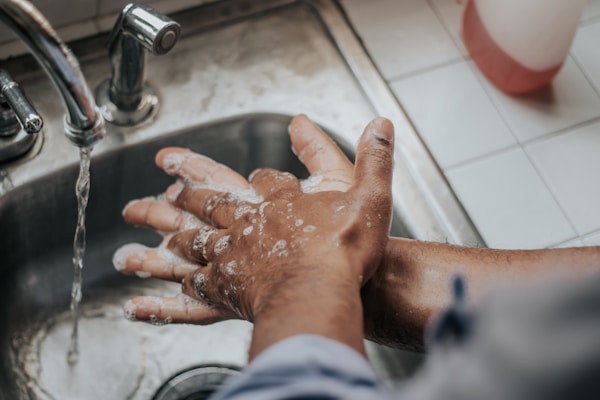Food safety is one of the most important aspects of the restaurant industry. It is essential that food is prepared and served safely in order to protect the health of both employees and customers. In order to ensure food safety, restaurants should follow a few basic guidelines. This article will discuss how to promote food safety in your restaurant. Keep reading to learn more about how to keep your restaurant safe!
Use high-quality restaurant equipment.
When it comes to food safety, nothing is more important than using high-quality restaurant equipment, as offered by The Restaurant Warehouse. By ensuring that your kitchen is equipped with the best tools possible, you can minimize the risk of foodborne illness and keep your customers safe. Some of the most important restaurant equipment when it comes to food safety include the following:
- Refrigerators and freezers: These appliances are essential for keeping food cold and preventing the growth of bacteria.
- Cutting boards: using separate cutting boards for different types of food is a key way to prevent cross-contamination.
- Knives: a sharp knife is essential for food safety, as it helps you to cut food evenly and without contamination.
- Ovens and stovetops: these appliances can help you cook food evenly and at the correct temperature, minimizing the risk of bacteria.
Encourage hand-washing among your employees.

Wash your hands! This phrase is probably one of the most common phrases that you have heard your entire life, and for good reason. Hand-washing is one of the simplest, yet most effective, ways to prevent the spread of disease and keep yourself and others healthy. In the food service industry, hand-washing is critical for preventing foodborne illness. In fact, the Centers for Disease Control and Prevention (CDC) estimates that foodborne illness affects 48 million people in the United States each year, resulting in 128,000 hospitalizations and 3,000 deaths. One of the most common ways that foodborne illness is spread is through dirty hands. By ensuring that your employees are washing their hands properly by installing powder room basinsin common areas and putting up signs, you can help reduce the risk of foodborne illness in your restaurant.
Monitor the quality of your ingredients.
The quality of ingredients is important in promoting food safety in a restaurant. Low-quality ingredients can lead to foodborne illness outbreaks. Restaurants should monitor the quality of their ingredients and only use high-quality, fresh ingredients. Poor-quality ingredients can be contaminated with bacteria, viruses, or parasites that can cause food poisoning. Restaurants should also make sure that they are getting their ingredients from reputable suppliers.
Limit cross-contamination between raw and cooked foods.

Raw and cooked foods should be kept separate to prevent cross-contamination. Cross-contamination can occur when bacteria from raw food are transferred to cooked food, potentially causing food poisoning. To prevent this, always use different utensils to handle raw and cooked foods, and never put cooked food on the same plate as raw food. Make sure all surfaces and utensils are clean before preparing any food and wash your hands thoroughly after handling raw meat.
Have a plan for emergencies such as power outages or contamination outbreaks.
There are numerous things that can go wrong in a restaurant, but one of the most important is food safety. Emergencies such as power outages or contamination outbreaks can easily spiral out of control if proper preparations aren't made. By having a plan in place, you can help keep your restaurant running safely and smoothly. One of the most important aspects of food safety is ensuring that your food is properly stored. During a power outage, be sure to keep your food in a cooler with ice or in a refrigerator if it is still running. If the power is out for an extended period of time, you may need to discard any perishables. In the event of a contamination outbreak, it is important to have a plan for preventing the spread of the illness. This may include instituting a policy of no-contact dining or using disposable utensils. You may also need to discard any food that has been potentially contaminated.


Post a Comment